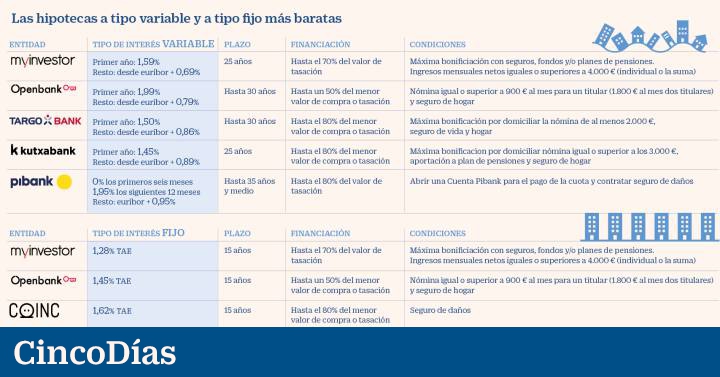Jens Kalaene / dpa-Zentralbild / dpa / archive
London
Because of Brexit, British beekeepers and beekeepers will have to find new ways of raising their animals. Since the British exit from the EU internal market and the customs union, only queens and ten animals are allowed to be imported from the entourage, but no colonies.
The beekeeping association BBKA also calls for other reasons to stop importing bee colonies. “It is a potential source of disease and the small hive beetle, a pest,” said Anne Rowberry, head of the association of the German press agency. After all, bees from warmer countries like Spain are not suitable for the cooler conditions in Great Britain.
The BBKA now wants to promote the breeding of queens nationwide. “At the moment, many queens are still being imported. The more informed the beekeepers are, the less the need for it, ”said Rowberry. According to its own statements, the association represents the interests of around 25,000 amateur beekeepers in Great Britain.
According to the Ministry of the Environment, around 21,000 queens were introduced in 2020. Between 2009 and 2020, the number of bee colonies in Great Britain more than doubled to around 224,000. Beekeeping is a very fragile business. Yields in Great Britain have fluctuated sharply recently: in 2018 a beehive produced an average of 14 kilograms of honey, in 2019 it was significantly more at 18.3 kilograms – and in 2020 it was only 12.9 kilograms. Reasons for the differences include the weather or illnesses.
The Ministry of the Environment pointed out that bees can still be imported from the EU to the British province of Northern Ireland, which in fact still belongs to the EU’s internal market. However, it remains unclear whether the bees can be shipped to Great Britain. “Further details will be announced in due course,” emphasizes the ministry. The agency is working on this issue with the regional governments of Northern Ireland, Scotland and Wales, which are responsible for bee health.
© dpa-infocom, dpa: 210214-99-433134 / 2
–


